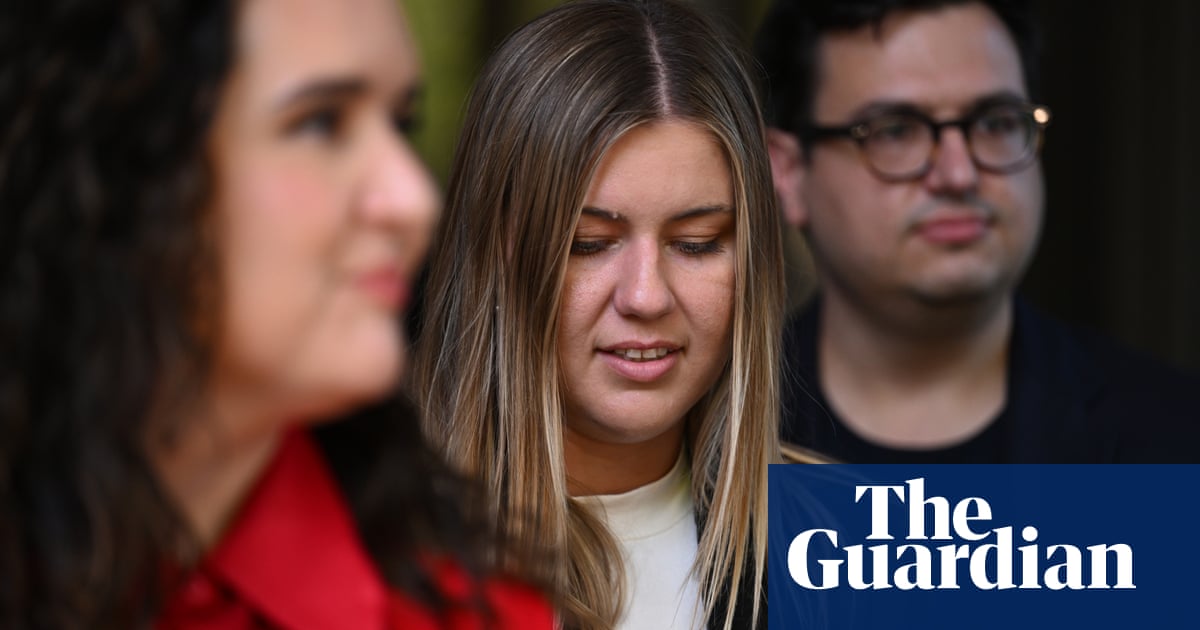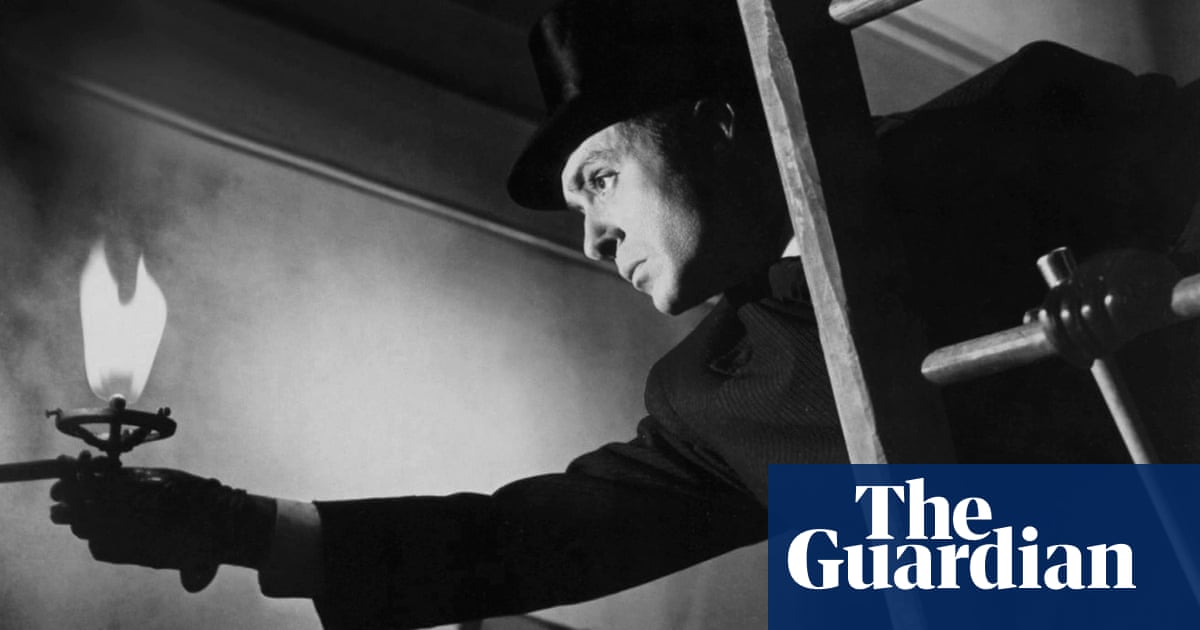
It has become one of Australia’s most convoluted and damaging political sagas, polarising the public.
An allegation of rape, fiercely denied, in a ministerial office in Parliament House has been discussed in news reports, interviews, speeches, and reams of commentary. It was examined in an aborted criminal trial, covered in four separate inquiries and now the first of several related civil cases is again calling witnesses and poring over evidence.
In his opening remarks at what is fast becoming one of Australia’s most infamous defamation trials, the barrister Matthew Richardson SC said the case divided people into two camps: those who believed in his client Bruce Lehrmann’s guilt “as an article of faith” and those who were “steadfastly committed” to his innocence.
That polarisation is writ large in parliament, the scene of the alleged rape that lies at the centre of the sprawling, costly and damaging saga, the fallout of which continues to taint politics nearly five years on.
The story hinges on the events of Saturday 23 March 2019, when Lehrmann, 28, a political staffer for the then Liberal defence industry minister, Senator Linda Reynolds, is alleged to have raped his colleague Brittany Higgins, 29, an assistant media adviser, in Reynolds’s office in Canberra’s Parliament House. What began as drinks with colleagues on a Friday night ended with Higgins being found by parliamentary security sleeping on a sofa, alone and naked.
“My head was jammed in a corner and he was on top of me …” she told the court this week “I was spread open and exposed. I had one leg open on the side of the couch.”
Lehrmann has consistently denied raping Higgins and pleaded not guilty to a charge of sexual intercourse without consent. His criminal trial was abandoned due to juror misconduct and a second did not proceed due to prosecutors’ fears for Higgins’s mental health. The chief prosecutor later resigned after an inquiry into the proceedings.
Under cross-examination in his defamation case on Friday 24 November, Lehrmann maintained that he had not had intercourse with Higgins, and had not even entered the minister’s office where she was later found on the couch.
In February 2021, the rape allegation erupted in the media. News coverage included the host Lisa Wilkinson interviewing Higgins on Network Ten. Lehrmann, who has brought the suit against Ten and Wilkinson, was not named in the interview but said it “utterly destroyed” his life.
Lehrmann brought defamation proceedings against media outlets and journalists who had reported on Higgins’s allegations, seeking, his barrister told the court, vindication and compensation.
While the ABC and News Corp settled with Lehrmann, his suit against Channel Ten and Wilkinson has proceeded. That trial, which on Friday entered its 12th day of testimony, was the first time Lehrmann had been cross-examined.
This week, the court heard that Lehrmann had received $295,000 (£155,000) towards legal payments from News Corp in an out-of-court settlement and a further $150,000 from the national broadcaster, the ABC, also for legal costs. The court also heard he had received an estimated $104,000 in rental payments from Channel Seven for an exclusive interview he gave to its Spotlight programme – an interview in which, he told the court, he had lied.
Parliamentary colleagues at the time have been called by Channel Ten to testify in its defence.
The former Liberal media adviser Nicky Hamer told the court about a night out three weeks before the alleged rape, during which she testified that Lehrmann had grabbed Higgins’s phone to stop her leaving the pub. Hamer told the court she was so angry about the incident she resigned from Reynolds’s office hours later, but was later persuaded to stay.
Much early questioning centred on why Lehrmann needed access to the office at about 1.45am on a Saturday after a night of heavy drinking. He gave different explanations, telling security that he needed to collect ministerial documents, telling his manager that he wanted to drink whisky, and telling the court he needed to collect his house keys and work on ministerial briefings. He also lied to the federal police about whether or not he had whisky in his office and to Reynolds when he claimed he was in Queensland while remaining in Canberra.
Last week the court was shown CCTV footage from the bar of Higgins consuming six spirit-based drinks and Lehrmann drinking beer. Lehrmann denied trying to get Higgins drunk by lining drinks up in front of her.
Documents tendered to court include plans of Reynolds’s office. Lehrmann’s annotations show him and Higgins parting ways upon entering the suite. Higgins’s show a stick figure supine on a sofa.
Lehrmann told the court he did not check on Higgins later because it was an “uneventful night”.
Higgins spent four full days giving testimony. Lehrmann’s barrister Steven Whybrow SC doggedly sought to expose her recollections as “reverse-engineered”.
Higgins’s account was at times inconsistent and she also admitted lying, in her case to police about having seen a doctor after the incident. “In those moments of trauma, my memory isn’t perfect,” she told the court.
Whybrow called Higgins an “unreliable witness” in his opening statement because of the “inconsistencies and improbabilities”.
But Higgins was clear about the motivation for her gruelling hours in the witness box. “I would not let my rapist become a millionaire for being a rapist,” she told the court.
Higgins also stood to benefit, after signing a $325,000 book deal with Penguin Random House. She told the court that, should she ever write the book, she would donate the outstanding contractual sum of $216,667 to charity.
“It may happen one day, but also, I might not ever want to do this again,” she said, pointedly.
Higgins has previously said she pushed ahead with the rape case to help expose a culture in which many workplace complaints were ignored, or simply never raised.
Half of a new parliamentary workplace policy is legislated, while the establishment of an independent investigatory body with punitive powers is not progressing because of the constitutional hurdles posed in punishing elected parliamentarians.
Whybrow put to Higgins that she had reported that she was sexually assaulted out of fear for her job and not because she was raped in her workplace.
She responded: “Two things can be true … I was sexually assaulted, but I was still concerned about my job.”
On Friday, the court heard from the rape crisis counsellor Catherine Cripps, who saw Higgins more than 100 times after she initially went to police.
“She desperately did want to report but she felt she wanted her job more,” Cripps told the court. “Each time I saw her it was about her distress, wanting two different things and they weren’t congruent.”












